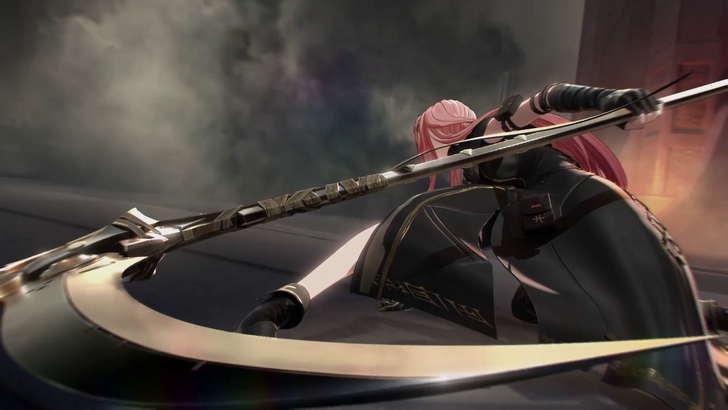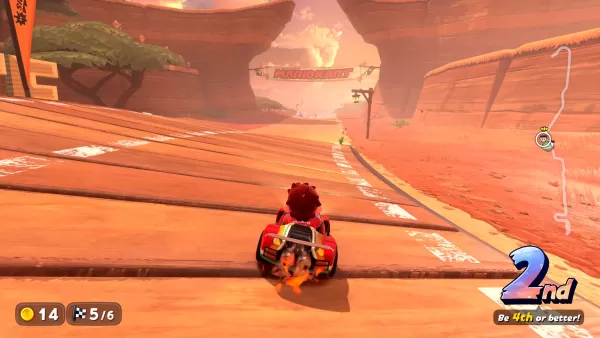The integration of artificial intelligence (AI) in the gaming industry has become a hot topic, with prominent game creators like NieR series director Yoko Taro voicing concerns about its impact. In a recent interview at Famitsu, translated by Automaton, a group of renowned Japanese developers, including Yoko Taro, Kotaro Uchikoshi (Zero Escape, AI: The Somnium Files), Kazutaka Kodaka (Danganronpa), and Jiro Ishii (428: Shibuya Scramble), delved into the future of game development, particularly focusing on the role of AI in adventure games.
During the discussion, Kotaro Uchikoshi expressed apprehension about AI's rapid advancement, suggesting that AI-generated adventure games might soon become the norm. However, he emphasized the importance of maintaining the "human touch" in game narratives, as current AI technology struggles to replicate the depth and creativity of human writing. Yoko Taro echoed these concerns, fearing that AI could eventually displace game creators, potentially relegating them to a status akin to bards within fifty years.
The conversation also touched on whether AI could mimic the intricate worlds and storylines crafted by these developers. Yoko Taro and Jiro Ishii acknowledged this possibility, whereas Kazutaka Kodaka argued that while AI might imitate their styles, it lacks the ability to truly embody the essence of a creator. He likened this to how other writers might mimic David Lynch's style, but only Lynch himself can authentically evolve his own creative vision.
Yoko Taro proposed using AI to generate new scenarios or routes within adventure games, but Kodaka pointed out that this could diminish the shared experience that games often provide.
The broader gaming industry has been actively engaging with AI and generative technologies. Companies like Capcom and Activision have been experimenting with these tools, while Nintendo president Shuntaro Furukawa has highlighted the potential of generative AI in creative processes, though he also noted the challenges related to intellectual property rights. Microsoft and PlayStation have also contributed to the ongoing dialogue about AI's role in gaming.
These discussions underscore the complex interplay between technological advancement and the human elements of creativity and storytelling in game development.








